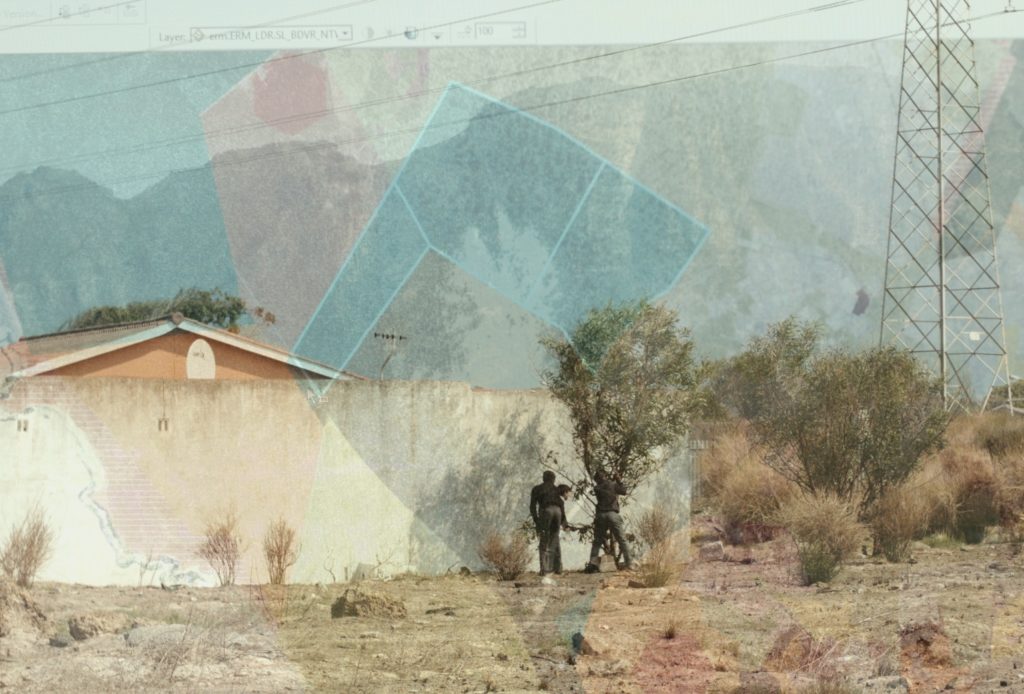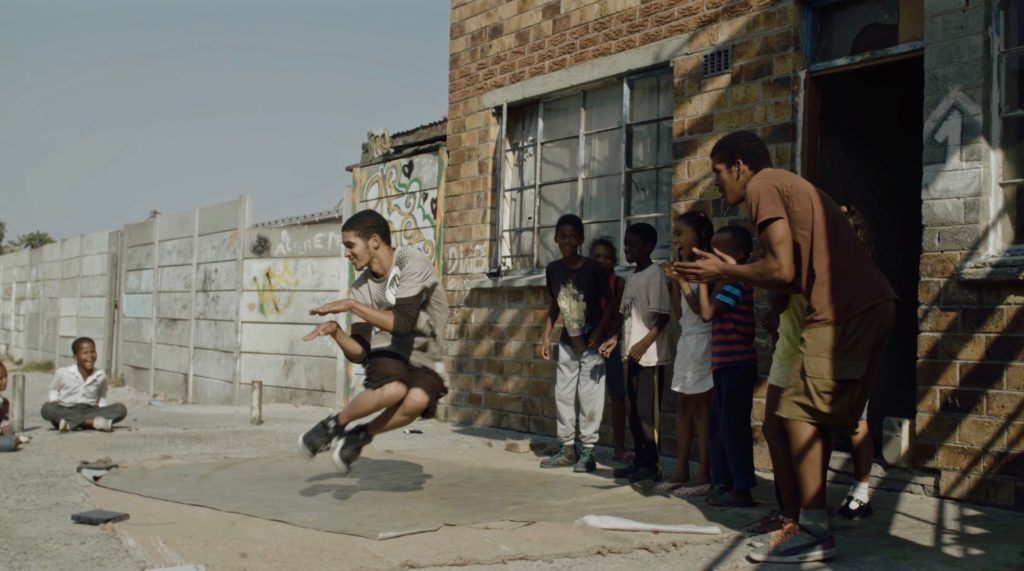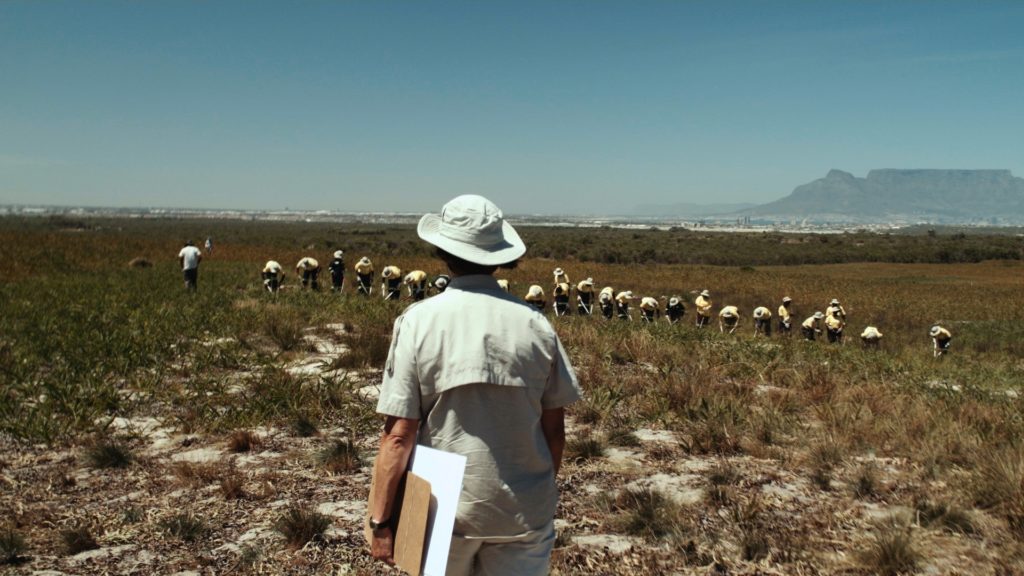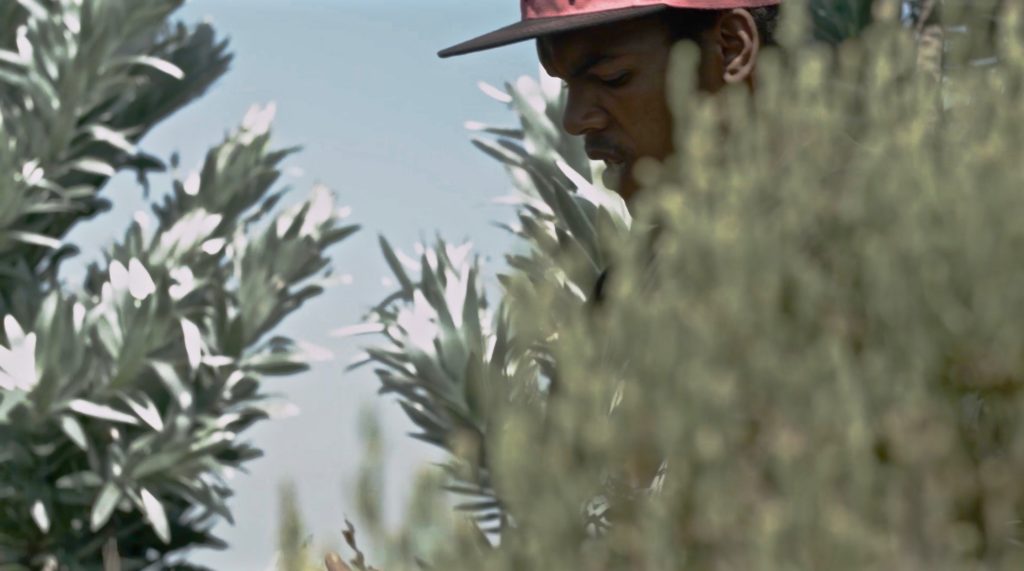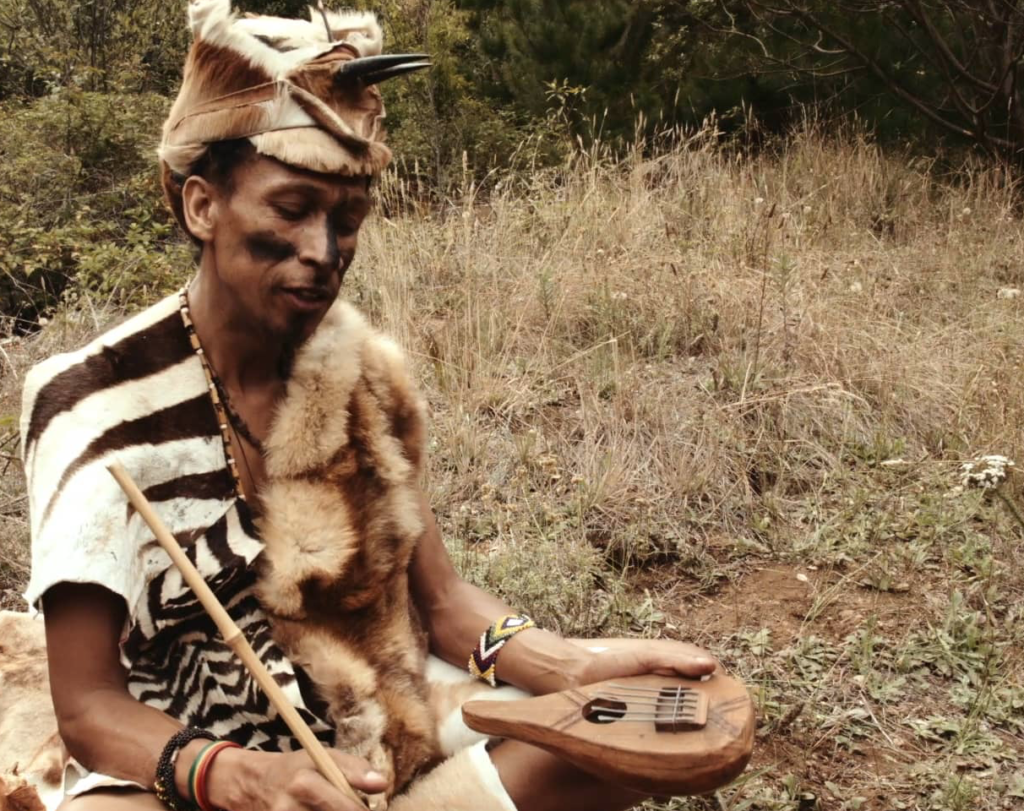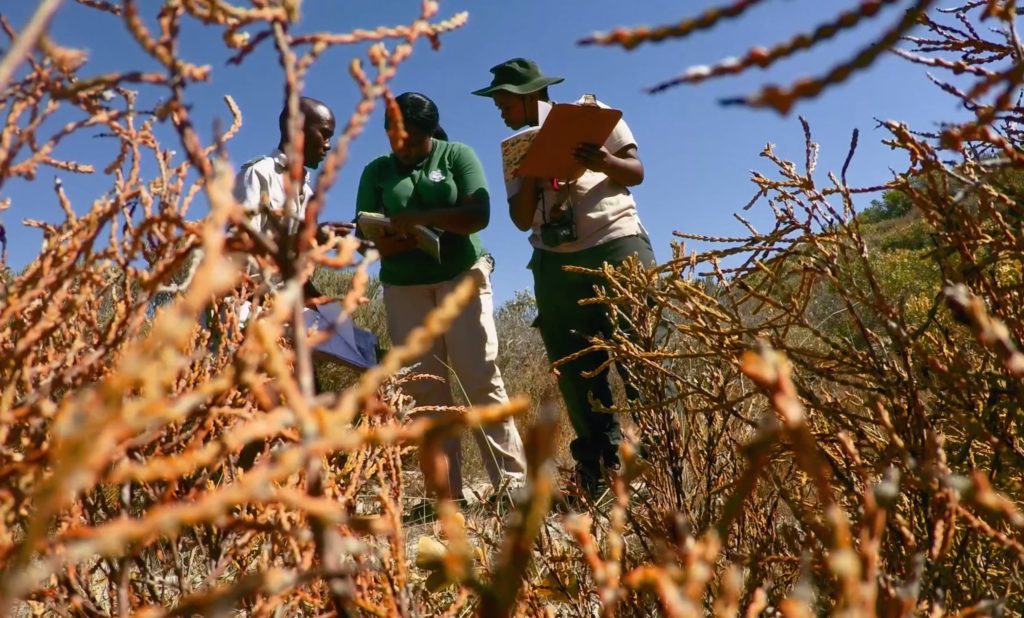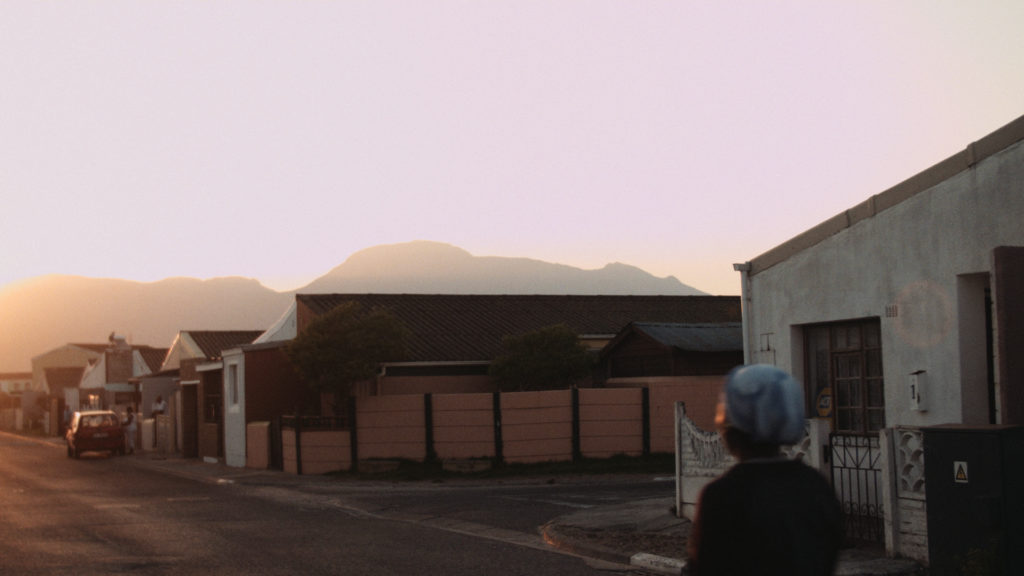Teaching with “One Table Two Elephants”
Text by Jacob von Heland and Henrik Ernstson.
We have made the film One Table Two Elephants (84 min) free for use and remixing, except for commercial purposes (CC-BY-NC). Filmed in Cape Town, it provides a textured and nuanced account of knowledge politics in a postcolonial city, which we have found translates well to many other places. It opens up important questions about nature, urbanization, class, race and the living remains of colonialism.
Teaching and learning with the film
The film deliberately does not tell an easy story, because that is not how things are. Instead we trust the audience to engage and make up their minds and feelings, interpreting it in diverse ways to engage with one another. Many students have found it intriguing and engaging.
Below you will find teaching support followed by suggested themes around which you can structure your lesson or seminar. Nonetheless, there are other ways of using the film in teaching and learning and we hope you will share with us your teaching experience, either through an email to us or using social media with the hashtag #Teaching1T2E. The film works well for advanced undergraduate courses in:
- anthropology (e.g., Indigenous Landscapes);
- human geography (e.g., political ecology; urban political ecology (UPE), postcolonial geography);
- environmental studies, including urban ecology and nature conservation;
- urban studies, including Southern urbanism; and
- classes focusing on decoloniality and the living remains of empire and colonialism.
Motivated PhD students and postgraduates can also use the film in self-organised seminars and we are interested in your feedback. The teaching resource website will be updated continuously with your feedback.
Hand-outs and questions for students
Here are offerings from how colleagues have used the film One Table Two Elephants in their own teaching:
- For an Indigenous Landscapes Seminar, in Anthropology, USA, by Jim Igoe, with questions for students that watch the film before class.
- Class on Political Ecology by Paul Munro at UNSW in Sydney, Australia, with a framing of the film and questions for students after having watched the film.
- Class on Comparative Studies in Planning by Ricardo Cardoso, in Ohio State University, USA, with questions for students watching the film in advance.
- For a class on Situated Urban Political Ecologies by Henrik Ernstson for a Human Geography course at Stockholm University, with preparatory questions and readings.
- Presentation file for screening & teaching the film by Henrik Ernstson and Jacob von Heland.
- A short note on the method of cinematic ethnography and how One Table Two Elephants is part of a trilogy of films on postcolonial ecologies (by von Heland & Ernstson).
- Others who we know have been using the film in their teaching includes Alexander Vasudevan in a course in Human Geography at Oxford University; Suraya Scheba, also in Human Geography at the University of Cape Town; and Wangui Kimari in her class at American University in Nairobi.
Reviews of the film
- Film as Decolonial Dialectic, by Ruben Hordijk. Published by Antipode Online, 20 April 2020 (PDF copy here).
- Film One Table Two Elephants, by Sachiko Ishihara, 19 June 2019 on たんぽぽさん。tanpopo-san blog.
- Film about Cape Town is being used to raise awareness, and ask wider questions, by Asma Mehan, 22 October 2019 in The Conversation.
- Film as Research in ‘One Table Two Elephants’ by Lakin Anderson, after a CEFO-screening at Uppsala University in January 2021.
- About the film (by von Heland & Ernstson)
Reading before or after the film; “flipped classroom”
The film will suit the use of a “flipped classroom,” allowing students to watch the whole film or parts of it before class and read one or two texts. This provides conditions for a rich discussion in small and wider groups.
However, a choice you might face is if you want students to read into the particular history of Cape Town and South Africa, before or after having watched the film. With the film we wanted people to understand the particularity of the place itself, Cape Town—and then through the texture that the film brings, to let their ideas about the film travel to understand other places, situations and abstract notions. Cape Town is crucial for the film, but the film can travel beyond Cape Town.
As film makers, we have always liked to let the film stand on its own. That is to say, we often give a very short introduction and then we start the film. This allows students and viewers to meet the film informed by their personal history and previous studies. In a course setting this might not be recommendable and as stated above, a “flipped classroom” also works in which readings are done before watching. Another possibility is to let students read after they have watched and then discuss the film. Or even watch the film a second time. As any ethnography, a second viewing/reading, will reveal layers not perceived the first time, but we understand that to have students watch a film twice could be a big ask.
Nevertheless, in providing resources for your teaching, we have suggested themes with relevant literature below and literature on background reading on Cape Town’s history and identity politics.
Themes and suggested literature
Post-apartheid politics and decolonization
- Comaroff J. and Comaroff J. 2001. Naturing the Nation: Aliens, Apocalypse and the Postcolonial State. Journal of Southern African Studies, Vol. 27 (3).
- Mbembe, A. 2015. Decolonizing Knowledge and the Question of the Archive. Public lecture, Johannesburg, Wits Institute for Social and Economic Research (WISER).
- Ernstson, Henrik. (2020). Urban Plants and Colonial Durabilities. In The Botanical City, edited by Matthew Gandy and Sandra Jasper. Berlin: Jovis. (author-copy).
Ontological politics, flat ontologies, postcolonial moments and partitioning the sensible
- Latour, Bruno – Reassembling the Social (2005) and Science in Action (1988)
- Verran Helen 2002. A Postcolonial Moment in Science Studies: Alternative Firing Regimes of Environmental Scientists and Aboriginal Landowners. Social Studies of Science 32(5-6).
- Rancière Jacques 2001. Ten Thesis on Politics. In: Theory & Event 5(3).
- Ernstson, Henrik 2014. “Situating Ecologies and Re-Distributing Expertise: The Material Semiotics of People and Plants at Bottom Road, Cape Town.” In Symposium on the Interdisciplinary PhD Program in Urban Design & Planning at the University of Washington, 6 May, 1–20. Seattle, WA: University of Washington.
Southern urbanism: Thinking with “conflicting rationalities” and “platforms of engagement”
- Ernstson, Henrik, Mary Lawhon, and James Duminy. 2014. Conceptual Vectors of African Urbanism: ‘Engaged Theory-Making’ and ‘Platforms of Engagement.’ Regional Studies 48 (9): 1563–77.
- Watson, Vanessa. 2003. Conflicting Rationalities: Implications for Planning Theory and Ethics. Planning Theory & Practice 4 (4): 395–407.
- Ernstson, Henrik, and Sverker Sörlin, eds. 2019. Grounding Urban Natures: Histories and Futures of Urban Ecologies. Cambridge: MIT Press. (MIT Press Library Award, #OpenAccess)
Reappropriation, revitalism and the “genius of paganism”
- Mudimbe. V.Y. 1988. The Invention of Africa: Gnosis, Philosophy, and the Order of Knowledge. Indiana University Press.
- Garuba H. 2012. On Animism, Modernity/ Colonialism, and the African Order of Knowledge: Provisional Reflections. e-flux Journal, vol 36.
Film theory and postcolonial thinking
- Trinh M-H and Chen N. C. 1992. Speaking Nearby. Visual Anthropology. Review, vol 8 (1).
- Berthe J. 2018. Beyond the entomological critique: re-thinking Rouch and African cinema. Studies in French Cinema, Vol. 18 (3).
Colonial history and botanical history
- Anker Peder. 2002. Imperial Ecology: Environmental Order in the British Empire, 1895-1945. Harvard University Press.
- Stoler Ann Laura 2016. Duress – Imperial Durabilities in Our Times. Durham University Press.
- Ernstson, Henrik. 2020. Urban Plants and Colonial Durabilities. In The Botanical City, edited by Matthew Gandy and Sandra Jasper. Berlin: Jovis. (author-copy).
- Sittert, Lance van. 2010. The Intimate Politics of the Cape Floral Kingdom. South African Journal of Science 106 (3/4): 3–5.
- Neely, Abigail H. 2010. Blame It on the Weeds: Politics, Poverty, and Ecology in the New South Africa. Journal of Southern African Studies 36 (4): 869–87.
Urban ecology and nature conservation: Cape Flats and The Princess Vlei struggle
- The Princess Vlei Forum website, and the legend of Princes Vlei.
- Ernstson, Henrik. 2014. Situating Ecologies and Re-Distributing Expertise: The Material Semiotics of People and Plants at Bottom Road, Cape Town. In Symposium on the Interdisciplinary PhD Program in Urban Design & Planning at the University of Washington, 6 May, 1–20. Seattle, WA: University of Washington.
- Ernstson Henrik. 2013. Staging Difference at Princess Vlei, The Situated Ecologies Platform, September 27.
- Ernstson, Henrik. 2014. The Political Nature of Urban Wetlands: Speaking from Princess Vlei Wetland, Cape Town. Urban Wetlands: South Asia, no. 2: 2–5.
- Anderson E., G. Avlonitis and H. Ernstson. 2014. Ecological outcomes of civic and expert-led urban greening projects using indigenous plant species in Cape Town, South Africa. Landscape and Urban Planning, Vol. 127.
Background to Cape Town, history and identities
- Western, John. 1981. Outcast Cape Town. Berkeley: University of California Press.
- Western, John. 2002. A Divided City: Cape Town. Political Geography 21 (5): 711–16.
- Mabin, Alan, and Dan Smit. 1997. Reconstructing South Africa’s Cities? The Making of Urban Planning 1900 – 2000. Planning Perspectives 12 (2): 193–223.
- Ahluwalia, Pal, and Abebe Zegeye. 2003. Between Black and White: Rethinking Coloured Identity. African Identities 1 (2): 253–80.
- Wicomb, Zoë. 1998. Shame and Identity: The Case of the Coloured in South Africa. In South Africa: Literature, Apartheid, and Democracy, 1970-1995, edited by Derek Attridge and Rosemary Jolly, 93–94. New York: Cambridge University Press.
- Adhikari, Mohamed. 2005. Not White Enough Not Black Enough: Racial Identity in the South African Coloured Community. Athens and Cape Town: Ohio University Press and Double Books.
- Benson, Koni, and Faeza Meyer. 2015. Reluctantly Loud: Interventions in the History of Land Occupation. In African Cities Reader III, edited by Edgar Pieterse. 64–95. Cape Town: African Centre for Cities & Chimurenga.
- Benson, Koni. 2016. Graphic Novel Histories: Women’s Organized Resistance to Slum Clearance in Crossroads, South Africa, 1975–2015. African Studies Review 59 (01): 199–214.
- Benson, Koni. 2016. Three Hundred Years of Shack-Dwelling and Women’s Organized Resistance in Cape Town. In Out of Order: Popular Mobilisation in Contemporary South Africa. Fort Hare: Fort Hare University Press.
How to cite the film
Von Heland, Jacob, and Henrik Ernstson (2018) One Table Two Elephants (84 minutes, cinematic ethnography, film, Color, HD, Dolby 5:1) World Premiere In Competition at CPH:DOX, March 20, 2018. Copenhagen: CPH:DOX. URL: https://vimeo.com/298166514. (#OpenAccess)
